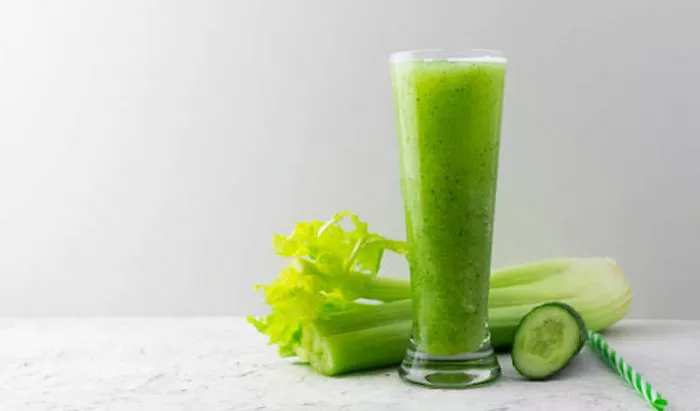Celery juice has gained popularity in recent years as a natural remedy for various health concerns, including high blood pressure. Advocates claim that drinking celery juice daily can help lower blood pressure levels and promote overall cardiovascular health. However, determining the optimal amount of celery juice to consume for blood pressure management requires understanding its potential benefits, possible side effects, and how it fits into a balanced diet. In this article, we delve into the science behind celery juice and its impact on blood pressure to provide insights into how much celery juice may be beneficial for lowering blood pressure.
Understanding High Blood Pressure
Before discussing the effects of celery juice on blood pressure, it’s essential to understand what high blood pressure is and why it is a concern for many individuals. High blood pressure, also known as hypertension, occurs when the force of blood against the walls of the arteries is consistently too high. Over time, this can lead to serious health complications, including heart disease, stroke, and kidney damage. Lifestyle factors such as diet, exercise, stress levels, and genetics can all influence blood pressure levels.
Celery Juice and Blood Pressure: The Research
Celery is a vegetable rich in nutrients like vitamins A, K, and C, as well as minerals like potassium and magnesium. It also contains compounds called phthalides, which are believed to have a beneficial impact on blood pressure. Phthalides help relax the muscles in the blood vessels, allowing them to dilate and reduce blood pressure.
Several studies have explored the potential effects of celery and celery juice on blood pressure. A study published in the Journal of Medicinal Food found that celery seed extract reduced blood pressure in rats with high blood pressure. However, more research is needed to determine if similar effects occur in humans and if consuming whole celery or celery juice yields the same benefits.
Recommended Celery Juice Intake for Blood Pressure Management
While celery juice shows promise in lowering blood pressure, there is no one-size-fits-all recommendation for how much celery juice to consume. Factors such as individual health status, current medications, and overall dietary patterns should be considered when incorporating celery juice into a blood pressure management plan.
It’s important to note that celery juice should not replace prescribed medications or medical advice for managing high blood pressure. Instead, it can be used as part of a comprehensive approach to heart-healthy living, which includes regular exercise, a balanced diet, stress management, and regular blood pressure monitoring.
Potential Side Effects of Celery Juice
Although celery juice is generally considered safe for most people, consuming large amounts may lead to certain side effects. These can include:
1. Allergic Reactions: Some individuals may be allergic to celery and may experience symptoms such as itching, hives, or swelling after consuming celery juice.
2. Digestive Issues: Drinking excessive amounts of celery juice may cause digestive discomfort, including bloating, gas, or diarrhea.
3. Interactions with Medications: Celery juice may interact with certain medications, such as blood thinners or diuretics. It’s essential to consult a healthcare professional before making significant changes to your diet, especially if you are taking medications.
Incorporating Celery Juice Into Your Diet
If you’re interested in using celery juice to help manage your blood pressure, here are some tips for incorporating it into your diet safely and effectively:
1. Start Slowly: Begin with small amounts of celery juice, such as a half-cup to one cup per day, and gradually increase as tolerated.
2. Choose Fresh Celery: Opt for fresh, organic celery whenever possible to maximize nutrient content and minimize exposure to pesticides.
3. Avoid Added Sugar: To keep celery juice healthy, avoid adding sugar or sweeteners. You can enhance the flavor with a squeeze of lemon or a dash of ginger.
4. Monitor Your Body: Pay attention to how your body responds to celery juice. If you experience any adverse effects, such as digestive discomfort or allergic reactions, reduce or stop consumption and consult a healthcare professional.
Conclusion
Celery juice has gained popularity as a natural remedy for lowering blood pressure due to its nutrient content and potential health benefits. While research on the specific effects of celery juice on blood pressure is ongoing, incorporating moderate amounts of fresh celery juice into a balanced diet may complement other lifestyle measures for managing high blood pressure. It’s essential to consult with a healthcare professional before making significant dietary changes, especially if you have underlying health conditions or are taking medications for blood pressure management. By approaching celery juice consumption mindfully and in moderation, you can harness its potential benefits while prioritizing your overall health and well-being.


